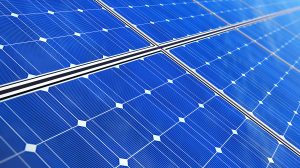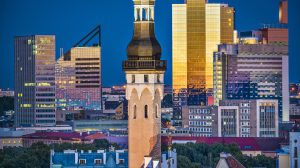A selection of articles about emerging Europe published elsewhere this week, all of which are well worth your time.
Albania has been posting sensitive information about its most senior intelligence operatives on the internet, making details about their identities, vehicles, operational roles, travel movements, and daily habits publicly available in what appears to be a major and potentially dangerous breach that could have international consequences. Full story here.
—
A Polish care worker in the UK writes in The Guardian about how proposed new rules on the rights of EU citizens to move to Britain post-Brexit (they will need to secure a job paying more than 30,000 UK pounds per year before being allowed entry) could decimate the care sector. Full article here.
—
The three South Caucasian countries have found a way to manage their relationship with Russia. If their leaders do nothing stupid to alienate their own populations, they stand a good chance of navigating 2019 without a confrontation with Moscow, writes Thomas de Waal on Carnegie Europe. Full article here.
—
Macedonia and Bulgaria’s long-simmering dispute over the Macedonian language is threatening to boil over again, just as Skopje nears a resolution to its dispute with Greece over the name Macedonia. Full story here.
—
Latvia is aware of the EU’s beneficial role to both its economy and security and will likely remain a reliable and stable partner within the Union, writes Karlis Bukovskis for the European Council on Foreign Relations. Full piece here.
—
At the current rate, it will take emerging Europe and Central Asia 153 years to close the gender gap, argues Frank Elbers. Full piece here.
—
Human rights groups have criticised Poland for deciding to deport an asylum seeker who, as a critic of the Chechen authorities, says his life in danger back home. Poland granted asylum to his wife and children but says he is a ‘possible security threat’. Full story here.
–
It was the bloodiest of Europe’s anticommunist uprisings. Nearly three decades later, Radio Free Europe revisits some of the exact sites from Romania’s 1989 revolution. Full story here.
—
Viktor Kiss, a sculptor and Burning Man enthusiast, has created an unusual artistic community and a festival in an abandoned brick factory in the Serbian capital Belgrade. Full story here.
—
Frostpunk, a game from the Polish team at 11 bit studios, is unrelenting and grim. The city-builder is set in an alternate history of 19th century Europe, where the world has been gripped by a kind of nuclear winter. What better way to celebrate the holidays than with some Christmas content? Full story here.





Add Comment